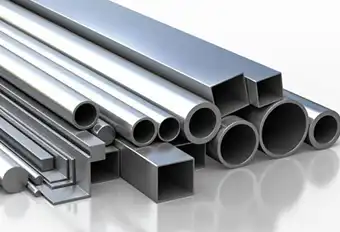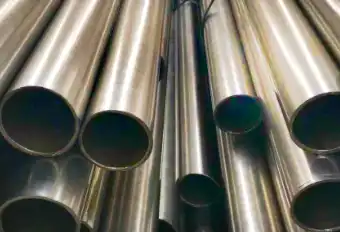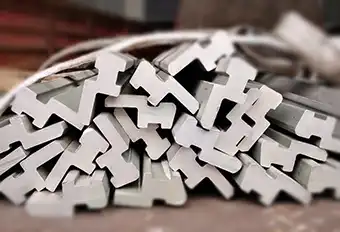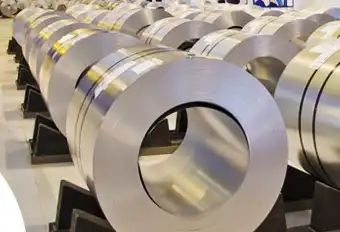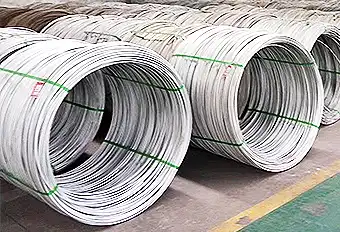Available 24/7 at
contact@steel-grades.com
-
Categories
-
Stainless Steels
-
Tube/Pipe
-
Steel Profiles
Steel Profiles
-
Cold rolled/hot rolled
Cold rolled/hot rolled
-
Wire rod
-
Quality special steel
-
Superalloy & High Temperature Alloy
Superalloy & High Temperature Alloy
-
Stainless Steels
-
Steel Grades
- Suppliers
- Products
- Rfqs
- On S&G
-
Find steel grades200000+Search for steel grades your needs with search features.
-
Find Suppliers by RegionsN+Contact leading suppliers from around the world quickly and easily
-
Find steel productsN+Find your interested products according to your different demands.
-
Submit RFQGet quotations from the most suitable suppliers
-


